Japan began its latest discharge of nuclear-contaminated water from the crippled Fukushima Daiichi nuclear power plant on Friday, despite opposition from home and abroad.
It was the third release of contaminated water into the ocean during the 2024 fiscal year, and the seventh since August 2023.
During the latest release, the Tokyo Electric Power Company, or TEPCO, which operates the Fukushima plant, plans to discharge approximately 7,800 metric tons of nuclear-contaminated water by July 16.
Japan intends to continue releasing water in batches over several decades, according to the International Atomic Energy Agency.
For the current fiscal year ending next March, TEPCO plans to release a total of 54,600 tons of water during seven rounds.
Additionally, the company announced on Thursday it will start dismantling the tanks that were used to store the nuclear-contaminated water as early as January.
Of the roughly 1,000 tanks at the Fukushima Daiichi nuclear power plant, 21 are scheduled to be dismantled by the end of March 2026, Jiji Press reported.
The release of radioactive materials might continue over a long period, said Toshihiro Inoue, a special committee member of the Japan Congress against Atomic and Hydrogen Bombs, also known as Gensuikin.
After the Fukushima nuclear accident in March 2011, the Japanese government promised a 30-year timeline for the release, anticipating that the decommissioning of the Fukushima Daiichi nuclear power plant would be completed by 2051.
However, in a report compiled in July 2020, the Atomic Energy Society of Japan projected that the time frame for the decommissioning should range from several decades to several hundred years.
The exact method of resolving the situation is still unclear. There are many uncertainties, and it is projected to take a long time, said Inoue.
He emphasized that the prolonged release of contaminated water and its environmental impact have not been fully considered.
"Unlike regular nuclear plants, Fukushima's water is contaminated with more than 60 different radioactive substances, not just tritium. These radioactive substances have passed through filters to reduce their volume, but it's fundamentally different from other nuclear plants," said Inoue. "The long-term effects on the surrounding environment, such as bioaccumulation in marine life and plants, could be significant … This poses a risk not only to the ecosystem but also potentially leads to reputational damage or misinformation spreading about the area."
Japanese people who strongly oppose the discharge of nuclear-contaminated water are asking for the government and TEPCO to stop the release as soon as possible, saying the water should be stored in tanks and released later, when the radioactivity has decreased.








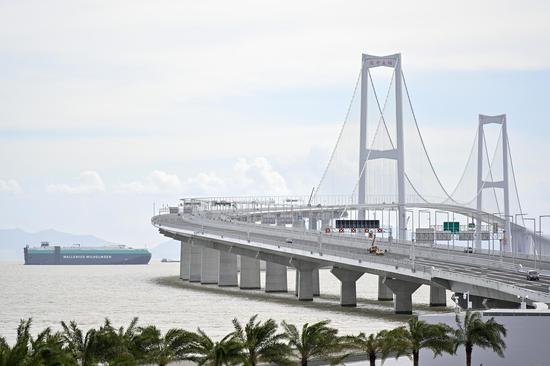
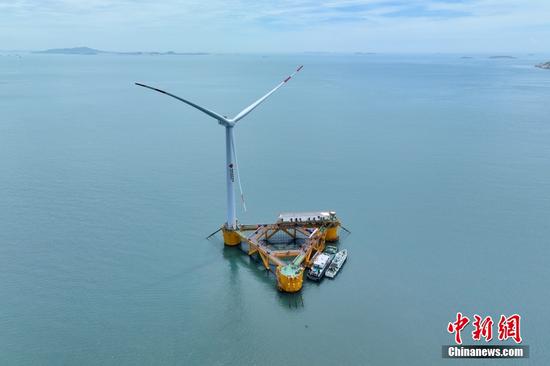
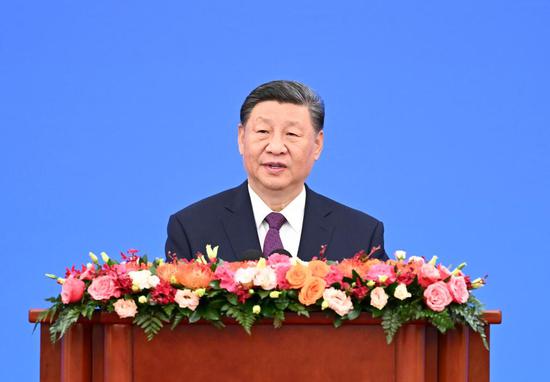
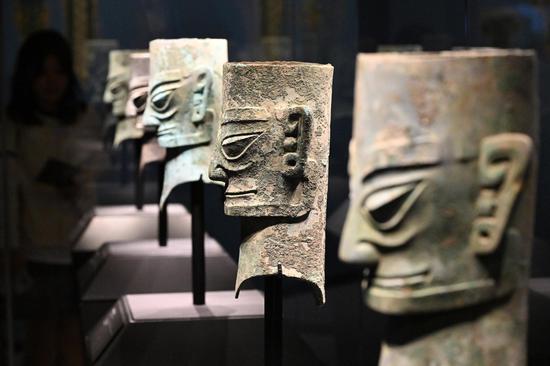

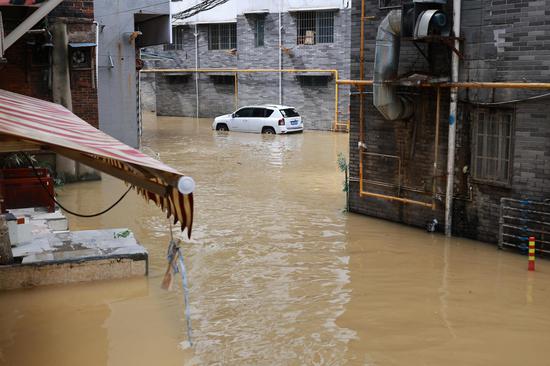
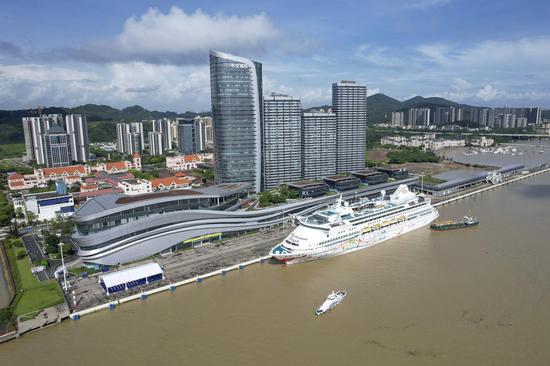










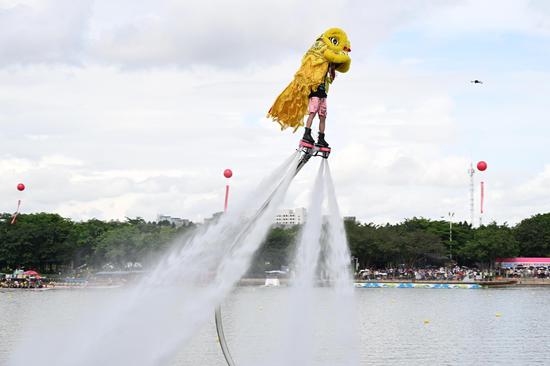


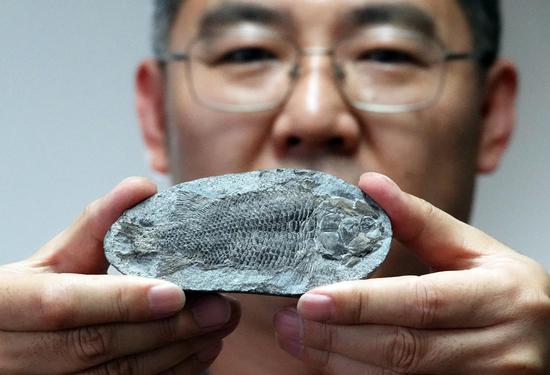
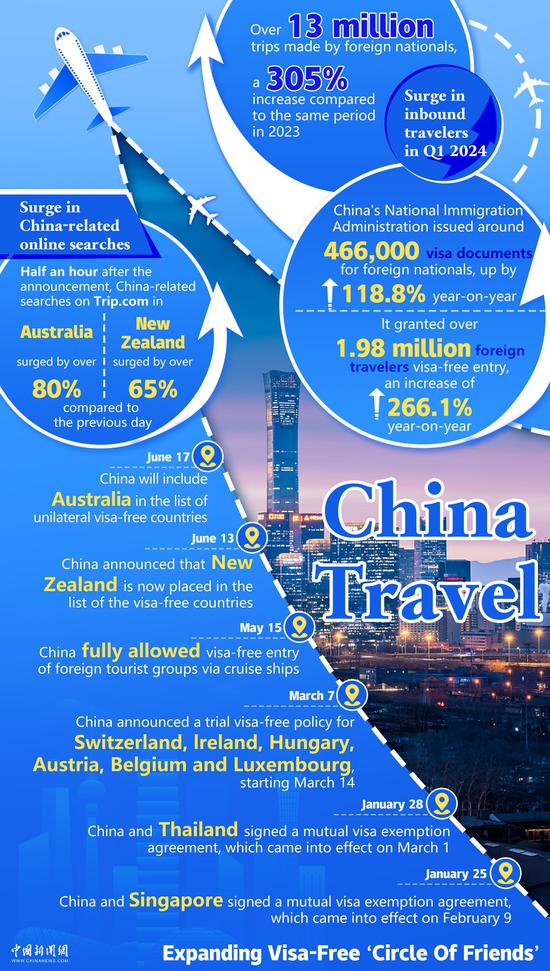




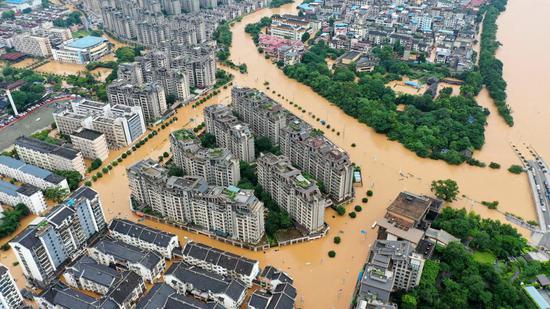

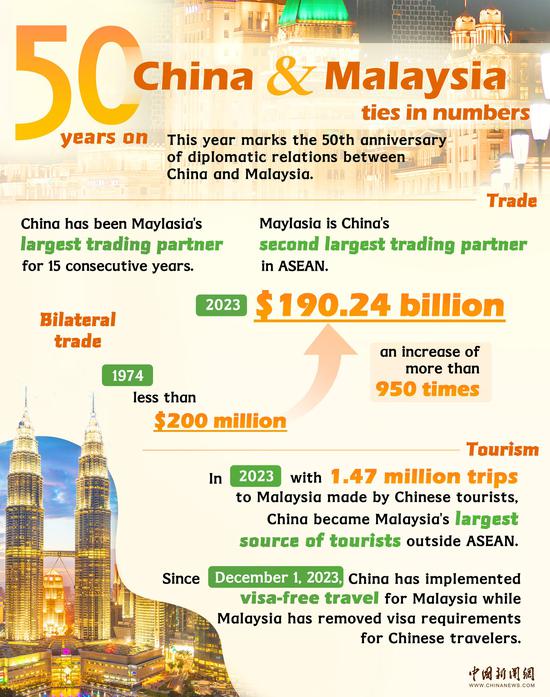


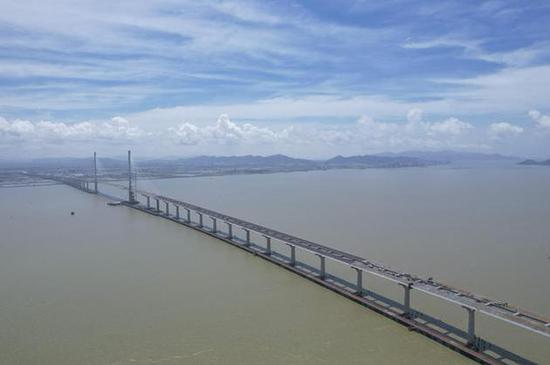
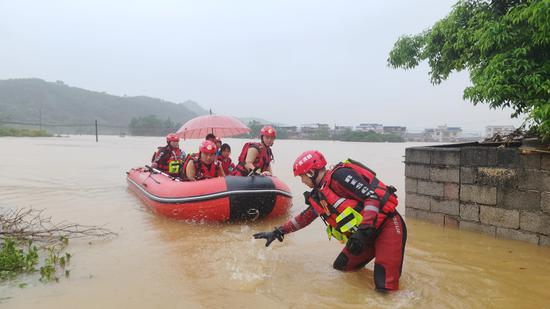

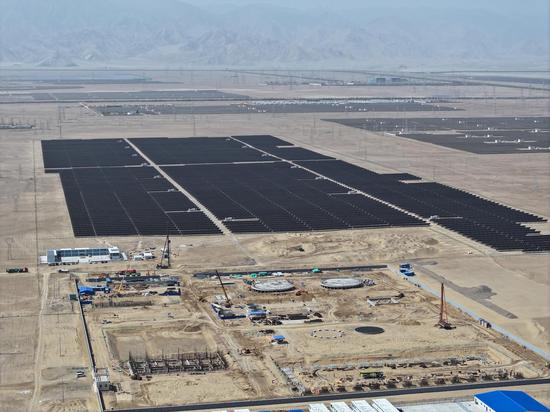







 京公网安备 11010202009201号
京公网安备 11010202009201号